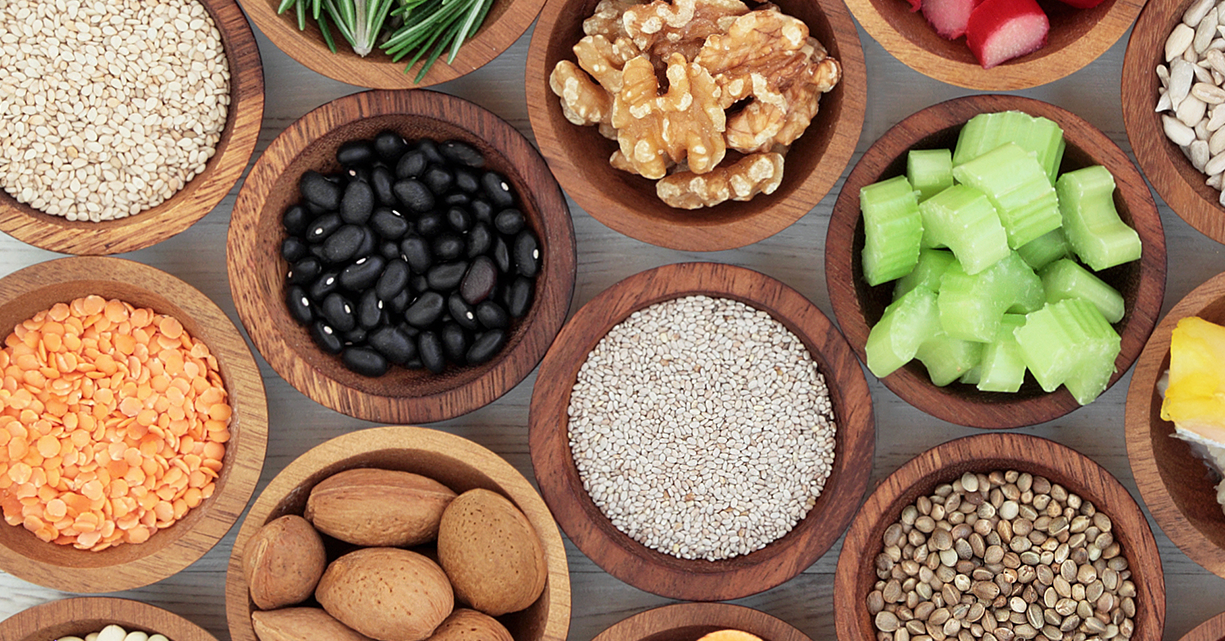5 Food Habits to Prevent Cavities

Dental caries is a very common problem of teeth, that affects a vast majority of the population. Sometimes even after brushing twice one can end up developing dental cavities and that can be really very annoying. However, a combination of good oral hygiene along with proper food habits can almost ensure total protection against cavities. Follow theses 5 simple food habits to effectively protect yourself from dental cavities.
- AVOID/REDUCE INTAKE OF THE FOLLOWING
STICKY FOODS: Food that is left stuck to the surface of tooth becomes food for the bacteria in the oral cavity, which in turn produces acid, that erodes the tooth and causes cavities. In simple terms if there is no food left sticking to tooth, then literally cavities will not form. Hence it is advisable to avoid or at least reduce the consumption of sticky foods like cookies, candies, chips, gummies, breads etc.
SWEETS AND SUGARY DRINKS: Although any food can cause cavities, the sugary ones are the most notorious. Carbonated drinks contain a lot of added sugars and are equally bad. They are easily acted upon by the bacteria thus producing acid quickly, which ends up damaging the enamel of teeth.
MILK: Milk is considered both good and bad for teeth and hence should be regulated. Milk contains calcium and minerals that help to strengthen teeth, at the same time milk is rich in sugars like lactose. Frequent intake, especially consuming milk at night can result in rapid onset of cavities.
2. EAT FIBRE RICH FOOD ON A DAILY BASIS
A diet high in fibre supports good health and lowers the risk of several diseases. Food high in fibre often requires more chewing than other foods. All of this chewing stimulates the production of saliva in the mouth, thereby also increasing its cleansing action and protects the teeth from cavities.
3. CHEW YOUR FOOD PROPERLY
Chewing is the best exercise for teeth, gums and the jaw bones. Ideally every morsel of rice should be chewed 32 times, and in all practicality, this is not possible. At least it is advisable to chew a few times before we swallow the food, and this will ensure that saliva mixes with the food, and this definitely helps in preventing cavities apart from aiding in proper digestion.
4. AVOID SNACKS IN BETWEEN MEAL
Every time we consume something, especially snacks, there will be a bout of acid formation, that can potentially attack the teeth. Hence increasing the frequency of food/snack consumption means you are letting your teeth to be attacked by acids more frequently and for a longer duration, which can result in more cavity formation.
5. AVOID EATING LATE IN THE EVENING
As a thumb rule try to avoid all cariogenic (cavity causing) foods late in the evening, and there is a strong reason to it. Saliva is our natural defence against cavity formation. In general, salivary flow tends to reduce late in the evening and at night it is almost NIL. Due to this reduced natural defence, it is strongly advisable to cut down or avoid sticky foods, sweets and other cavity causing substances late in the evening and at night.
We the team of dentists at DT Smile Care in Chennai, strongly recommend that one follows the above simple food habits along with proper hygiene measures to effectively avoid/prevent dental cavity formation.
Myth associated with Baby teeth

One of the most common myths associated with dental care is that “There is no need to treat the milk teeth as they are going to fall off”. This however is far from true. Let’s get to the basics of the need for preserving the baby tooth and its role in growth and development.
What are functions (uses) of milk teeth?
1. The milk teeth does all the functions of permanent teeth, in addition to that, the milk teeth act as natural space maintainers, that is they help to maintain the space for the future permanent teeth to erupt. If by any chance a baby tooth has to be removed then that space has to be maintained using special appliances (Space maintainers). Otherwise that space will reduce and the permanent tooth which is supposed to erupt in that space will get locked in the bone or may erupt in a wrong position.
2. The presence of all the milk teeth is also very essential for the proper growth of the upper and lower jaws, which in turn affects the patient’s facial profile and appearance.
3. Deep cavities in milk teeth can induce a lot of pain, which in turn affects the food intake of the child, thereby even leading to malnutrition, if left untreated.
4. An infection from a baby tooth if left untreated can affect the proper development of the permanent tooth that follows it, sometimes leading to a disorder of the enamel called as “Turner’s hypoplasia”
5. Badly mutilated or broken down teeth (especially the front teeth) does induce some inferiority complex in the child due to peer pressure. We often have parents complaining that such children refusing to attend school properly.
Hence it is very important that every parent understands the importance of milk teeth and take all efforts to maintain them in proper form and shape and initiate all necessary treatment at the earliest if required.
We strongly suggest that the first dental visit for a child should start as soon as the first milk tooth erupts and the habit of yearly dental check-up should be practised to detect problems when they are in the early stages.
Best oral hygiene practices for kids

1.Teach them to brush
The best way children learn a habit is by observing their parents or family members. Hence the best way to teach them proper brushing is to brush in front of them, commonly described as the “tell, show do technique”. These few minutes parents spend in the morning and at night goes a long way in shaping the brushing habits of their kids.
2.Develop proper food habits
It is extremely mandatory to develop proper eating habits for kids right from their early childhood. Kindly avoid too much of sugary stuff, anything that contains refined sugars and processed food. This would reduce the availability of sugar in the mouth, which the bacteria uses to produce acids, thus causing cavities.
3.Regular dental visits
Dental consultation for a child should start early, and ideally before the occurrence of any problems or symptoms. Regular visits would ensure that any dental disease can be detected early and the child does not suffer from pain, which can affect their food intake and overall health.
4.Be their role model
It is very essential that the parents do and follow all that they preach to their children, only then would children understand the importance of what we tell them. Parents should themselves adhere to good eating habits, proper brushing and pay regular visit to the dentists, so that children would emulate them without any hassles….









